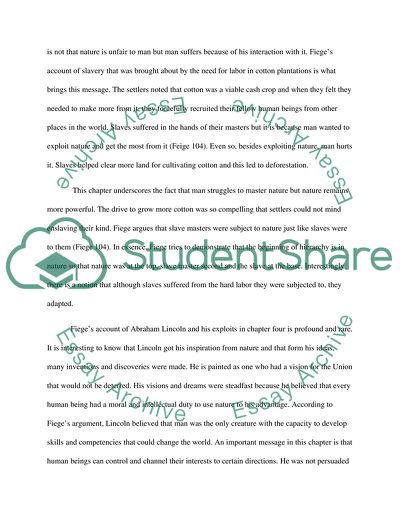The Republic of Nature by Mark Fiege Book Report/Review. Retrieved from https://studentshare.org/literature/1658496-the-republic-of-nature
The Republic of Nature by Mark Fiege Book Report/Review. https://studentshare.org/literature/1658496-the-republic-of-nature.


